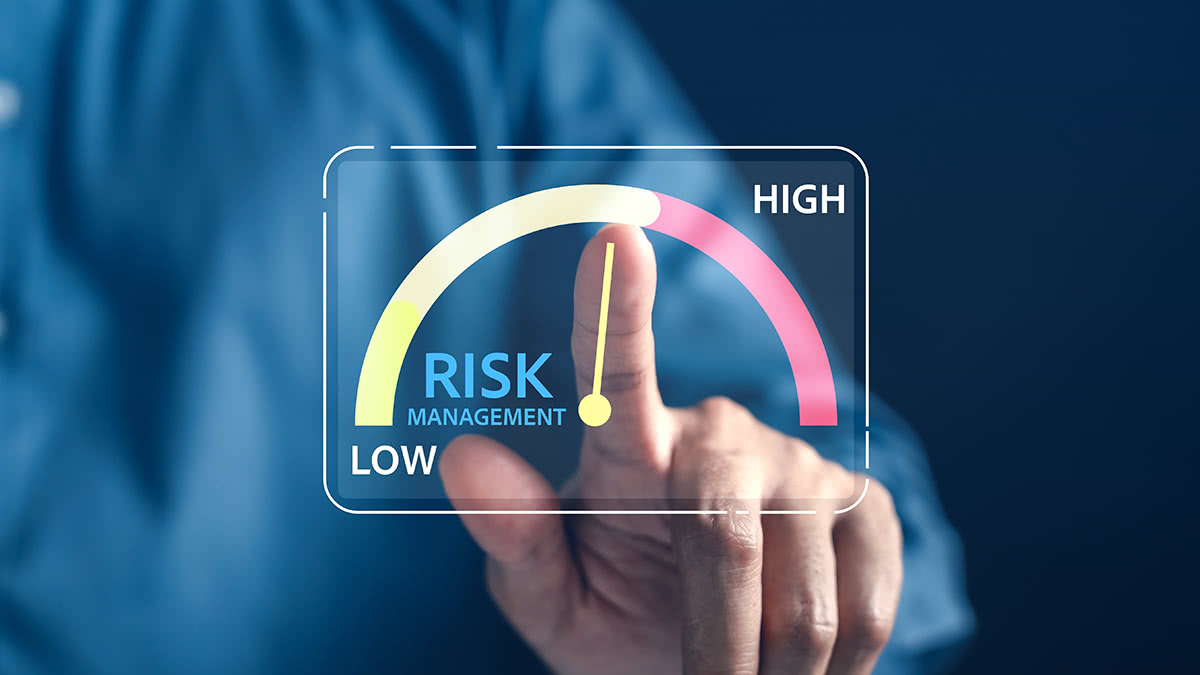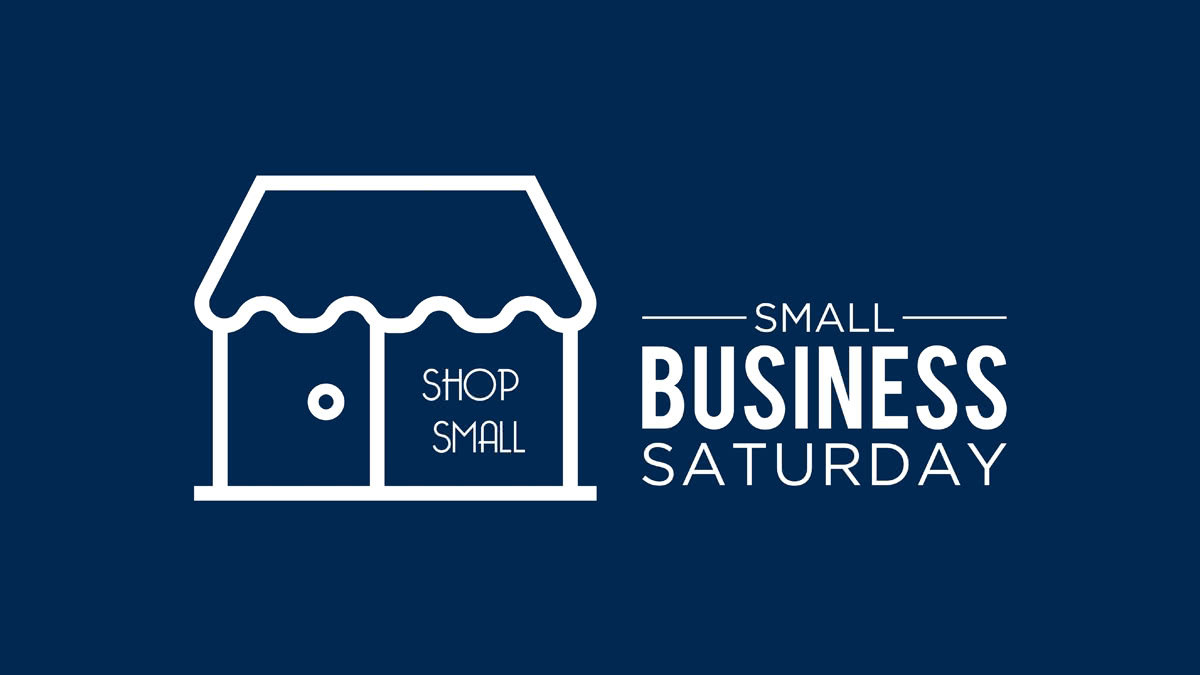Women-Owned Business Certification: Four Heavy-Hitters

If you're an entrepreneurial woman, have you noticed that many of your peers have joined organizations offering women-owned business certifications? These groups let mix and mingle in exciting new networks — and perhaps win some valuable public- and private-sector contracts. What's more, their seal of endorsement can be a valuable sales and marketing tool.
At their best, these certifications can level the playing field for your women-owned businesses. But which one(s) should you apply for? Here's the lowdown on four:
1. Women's Business Enterprise (WBE)
The WBE certification from the Women's Business Enterprise National Council (WBENC) is "the most relied upon certification standard" for women-owned businesses wanting to work with corporations or government agencies. The WBE also offers business-development support, awards programs, and the privilege of being a WBE-certified business. Check out the WBENC's numerous success stories to get a sense of how this certification can help a business bloom.
Established: 1997
Membership Criteria: Your firm must be at least 51-percent owned and managed by a woman or women. Tax returns, financial statements, and proof of ownership required.
Cost: $350–$1,250 annually, based on revenue.
Application processing: 60–90 days.
2. U.S. Women's Chamber of Commerce
Founded in 2001, the U.S. Women's Chamber of Commerce helps women develop leadership skills, seek and win more government contracts, and influence government economic policies, emphasizing women's retirement security. Most notably, it offers discounts on certifications as a women-owned business, as well as deals on meetings and events. Its Business Membership lets you participate in the Chamber leadership and to support the group at Congressional meetings and hearings.
Established: 2001
Cost: A complimentary individual membership includes news and legislative updates and the opportunity to register for events; the $199 annual Business Membership offers meeting and event discounts, among other benefits.
Membership Criteria: Your firm must be at least 51 percent owned and managed by a woman or women.
Application processing: 30-45 days.
3. Women-Owned Small Business (WOSB) Program
The U.S. Small Business Administration manages the Women-Owned Small Business Federal Contract Program (WOSB Program)'s certification. The group helps women-owned businesses business in underrepresented categories compete for contracts in a broad selection of specific industries. The diverse list of business includes landscape architecture, translation services, and food service.
Established: 2011
Cost: Free
Membership Criteria/Process: Your firm must be at least 51 percent owned and managed by a woman or women.
Application process and turnaround: A free SBA webinar series, "Welcome to WOSB," maps out the steps for applying. 60–90 days for processing after you submit your application.
4. B-Corporation
Women-owned businesses often spring from a sense of mission. So if you're driven to make a positive social and environmental impact, you'll want B-Lab's B-Corporation certification behind you.
Likewise, if you're seeking customers and/or investors who also value environmental and social responsibility, the B-corp certification is a valuable endorsement of your accomplishments in these areas. To become certified, you'll go through a B Impact Assessment (BIA). This includes analysis of your hiring and compensation practices, diversity efforts, and your record of supporting the local community and its environment.
Once you're welcome into the ranks, you'll join a community of like-minded businesses known as the B Hive. You'll get the chance to meet new associates and grow your firm through robust networking and business development activities. The B-corp certification is also prime for marketing promotion. In fact, B Lab offers a helpful guide to making the most of having earned it.
Established: 2007
Cost: Starting at $2,000 annually, based on revenue.
Membership Criteria/Process: A proprietary business assessment.
Application process and turnaround: A free online course walks you through the process, and certification can take 6-10 months.
Did You Know?
Women-owned businesses with 50+ employees average $31.8 million in revenue.
Source: 2024 Wells Fargo Impact of Women-Owned Business Report
Since 2008, Fora Financial has distributed $4 billion to 55,000 businesses. Click here or call (877) 419-3568 for more information on how Fora Financial's working capital solutions can help your business thrive.







